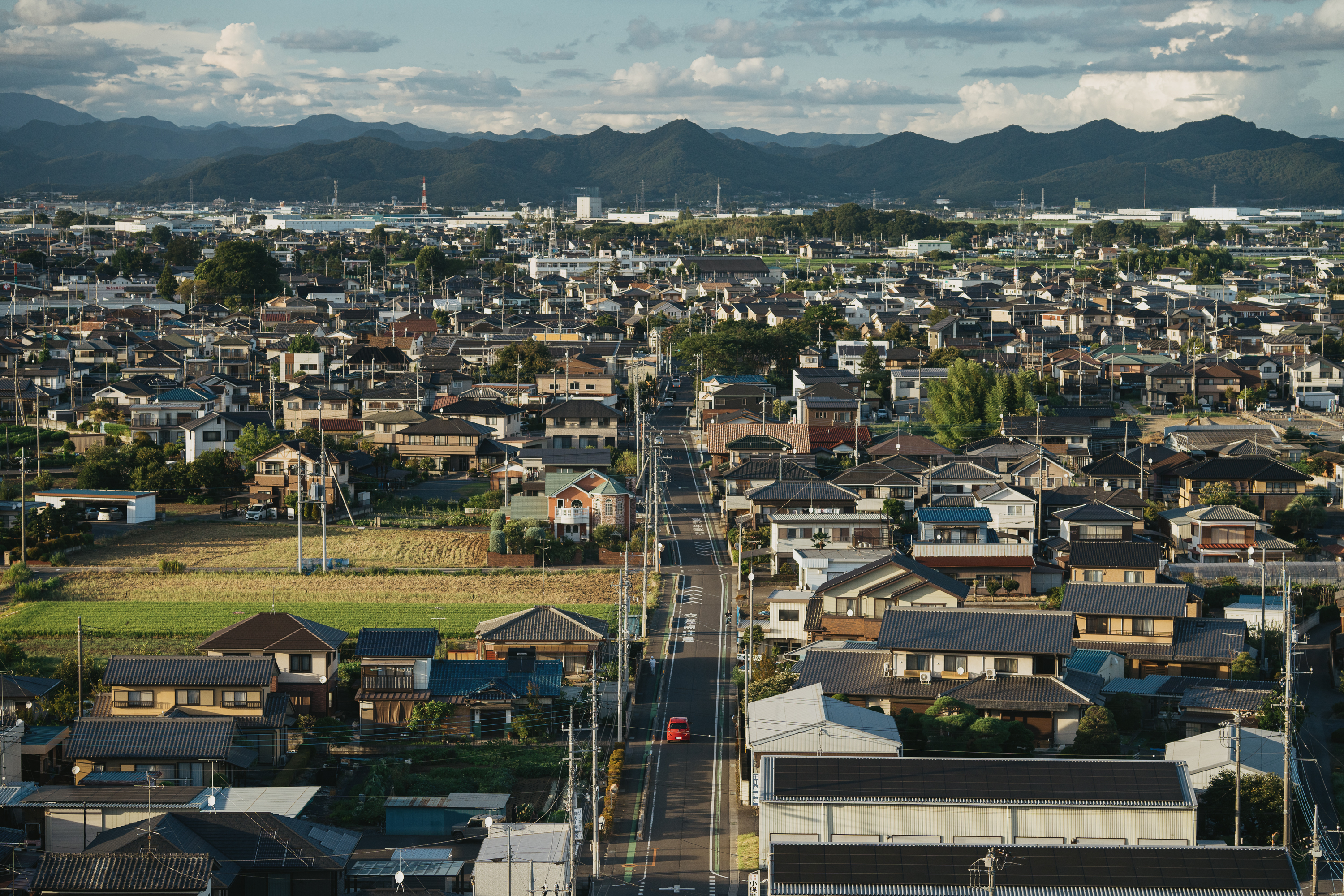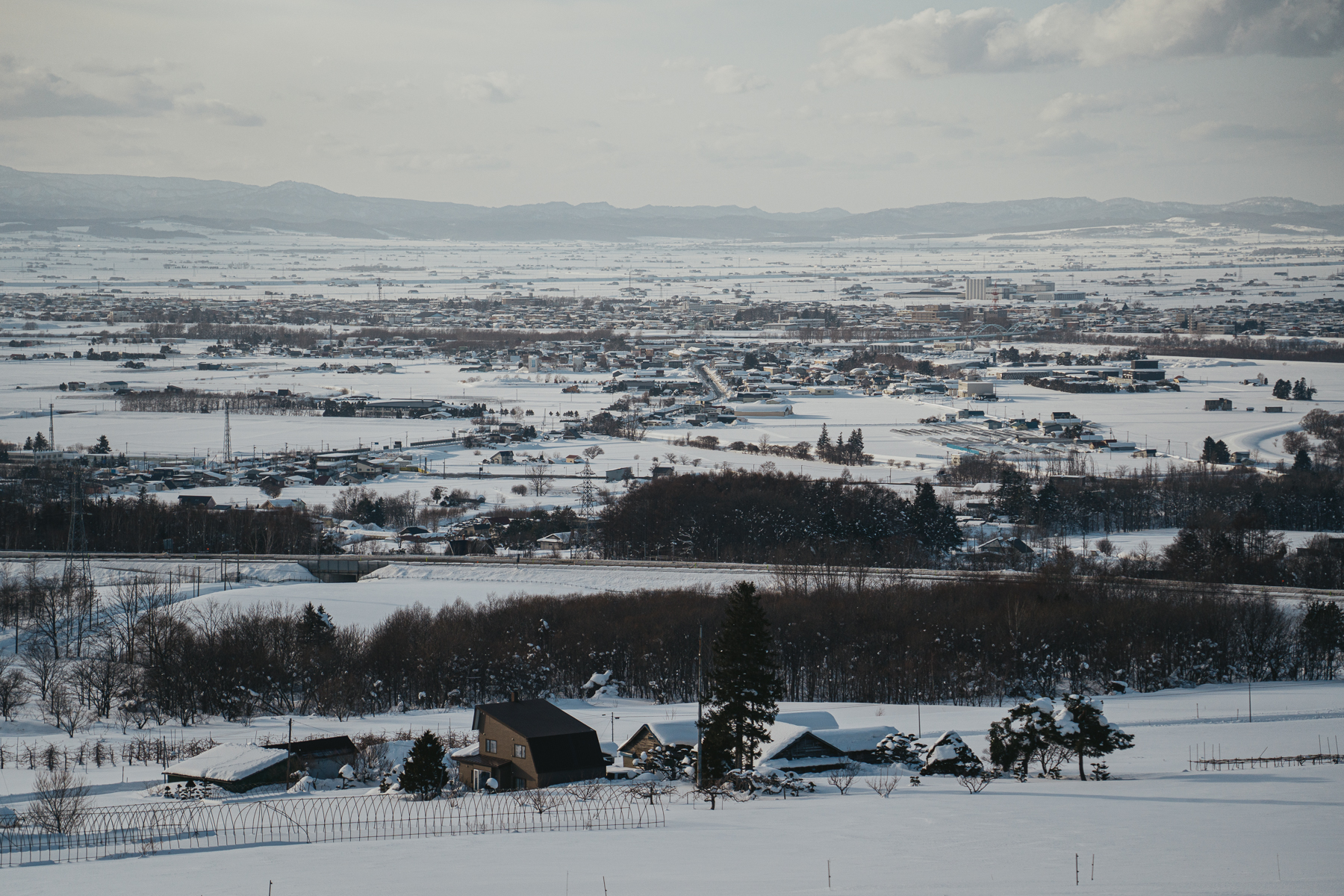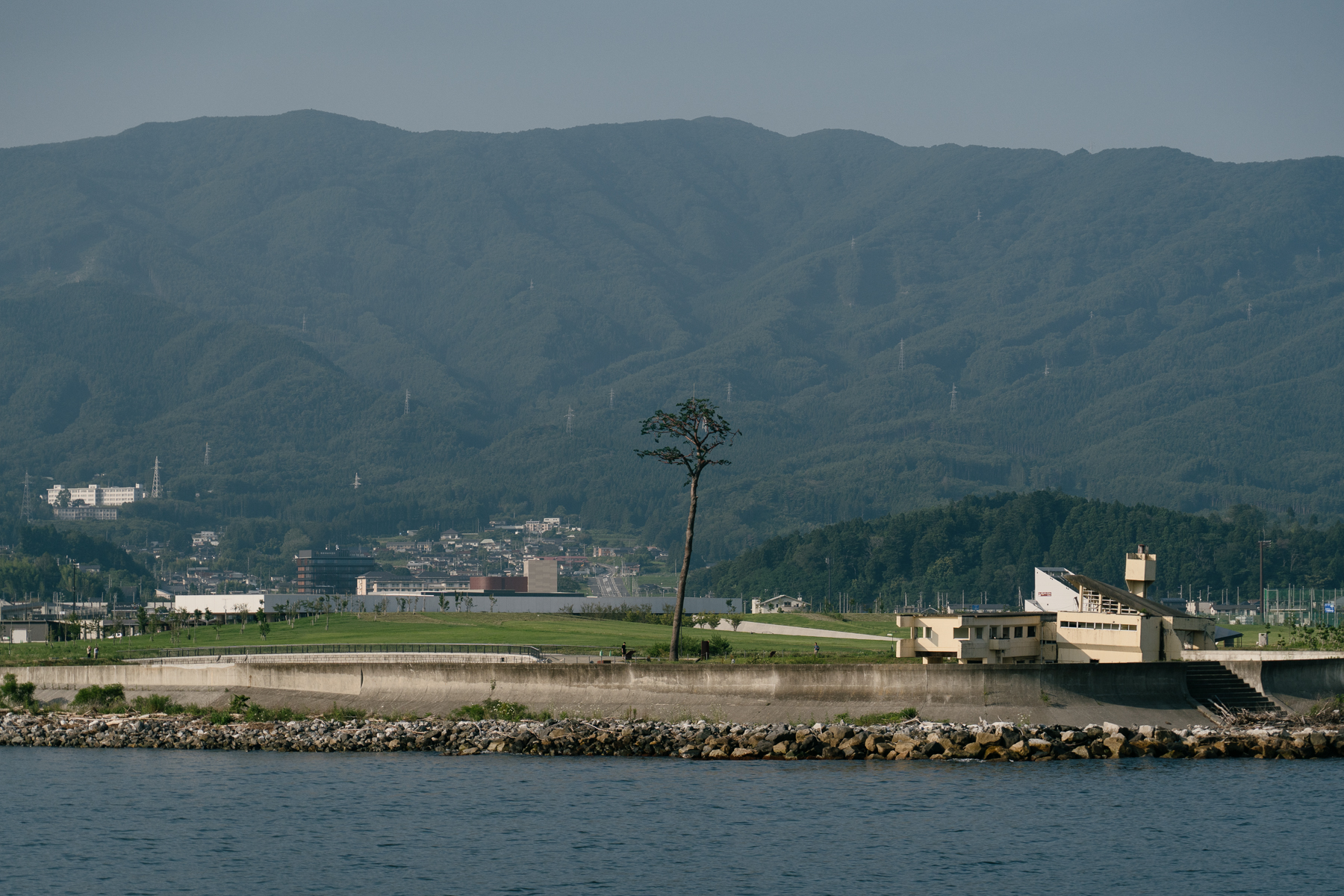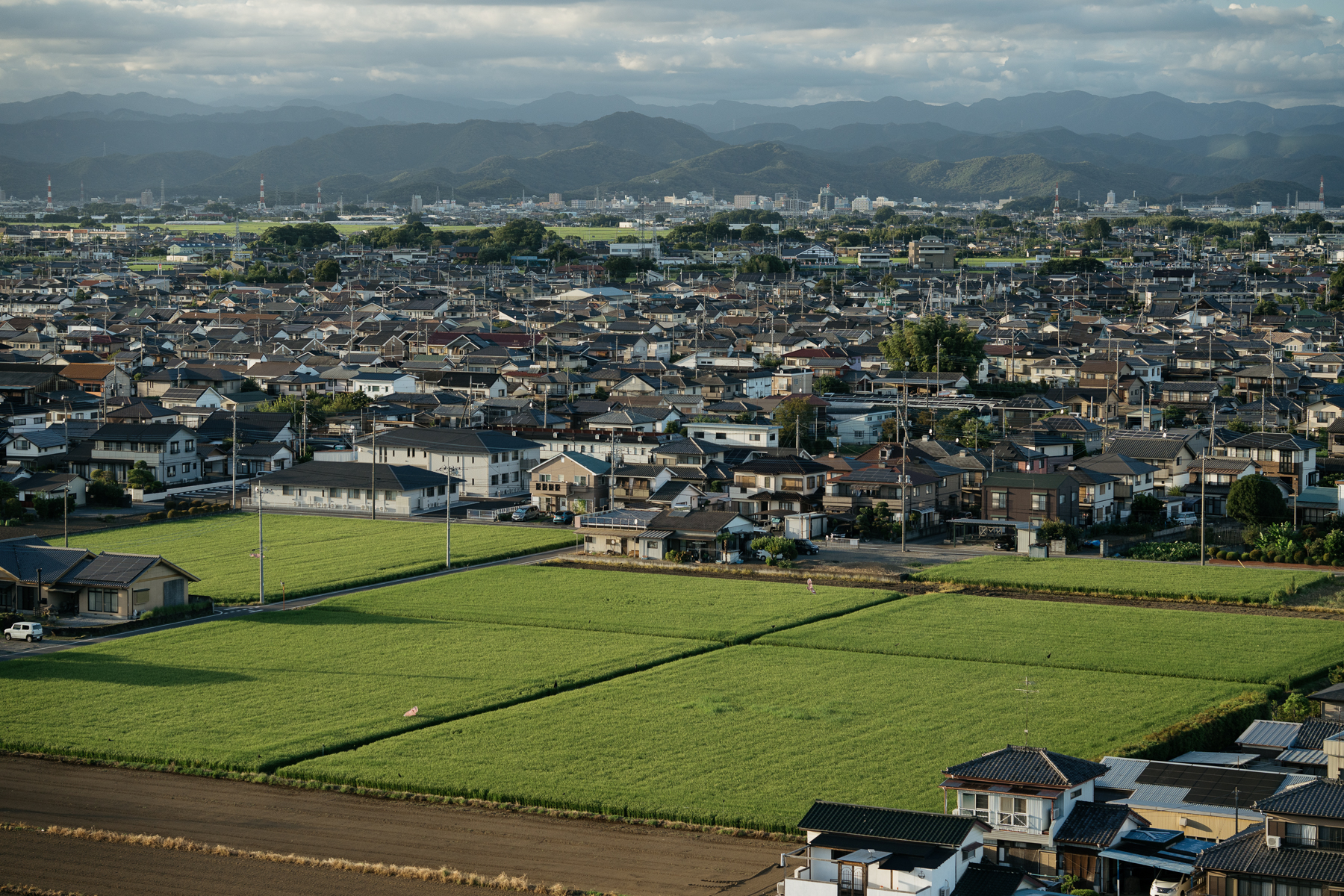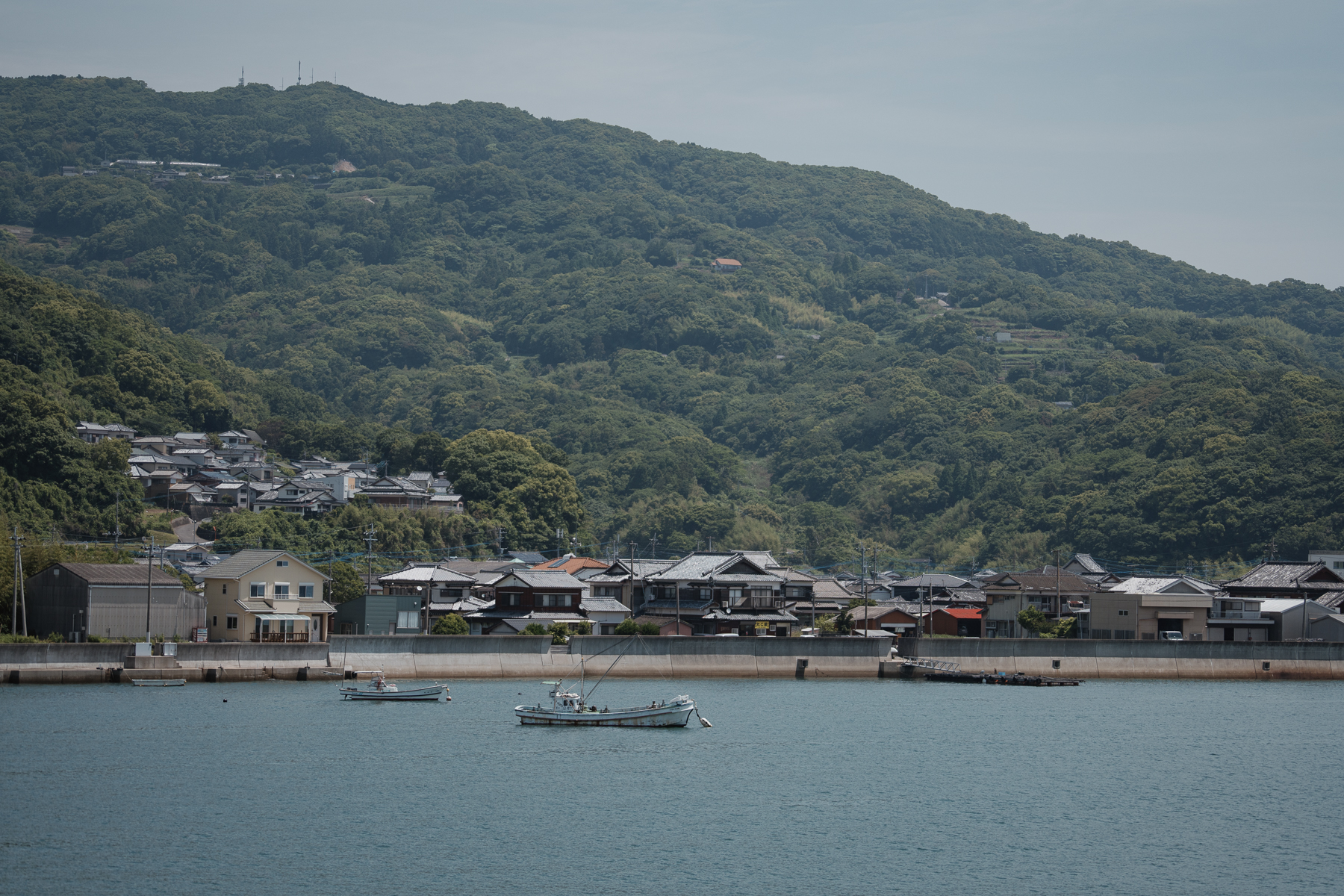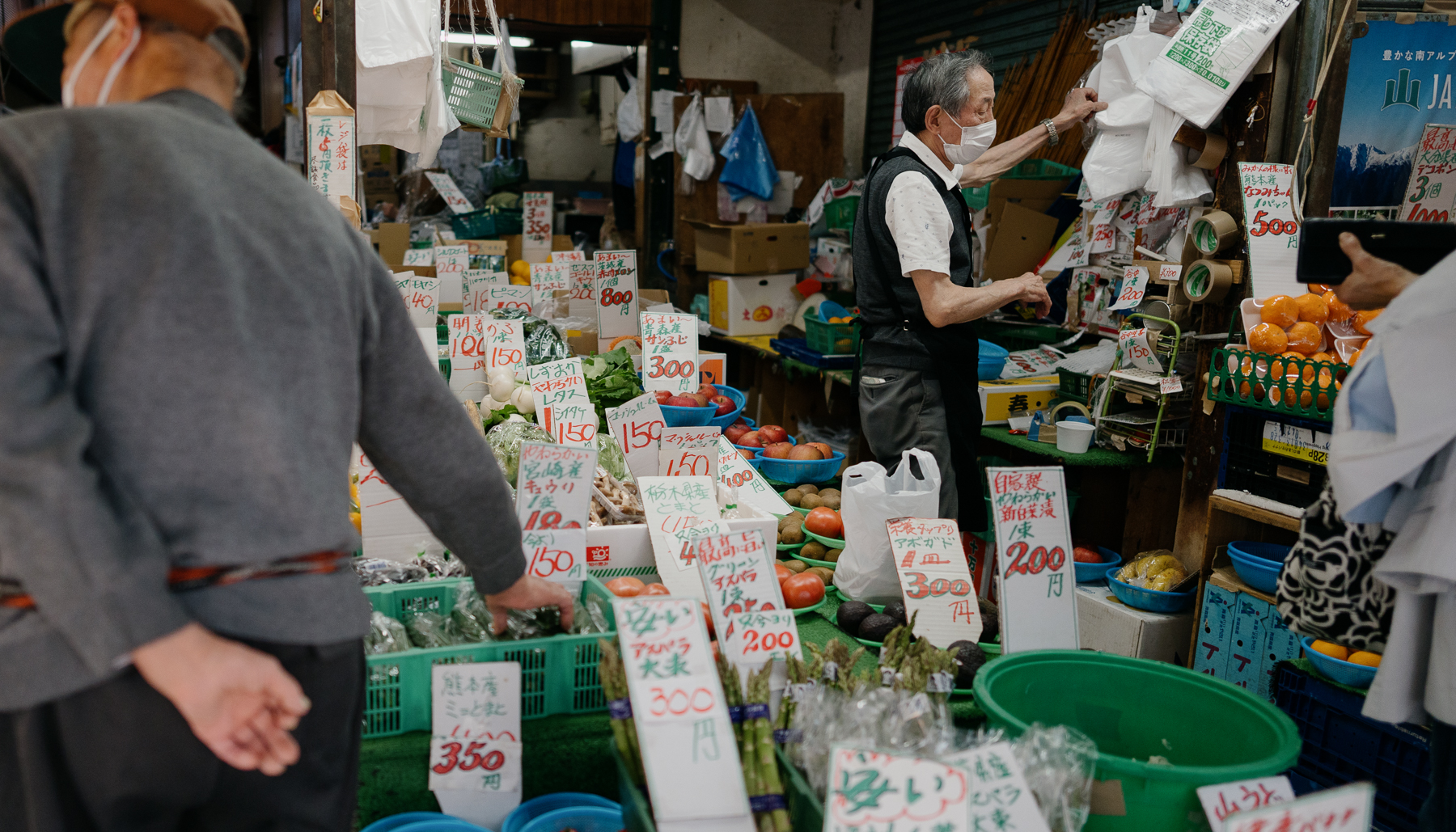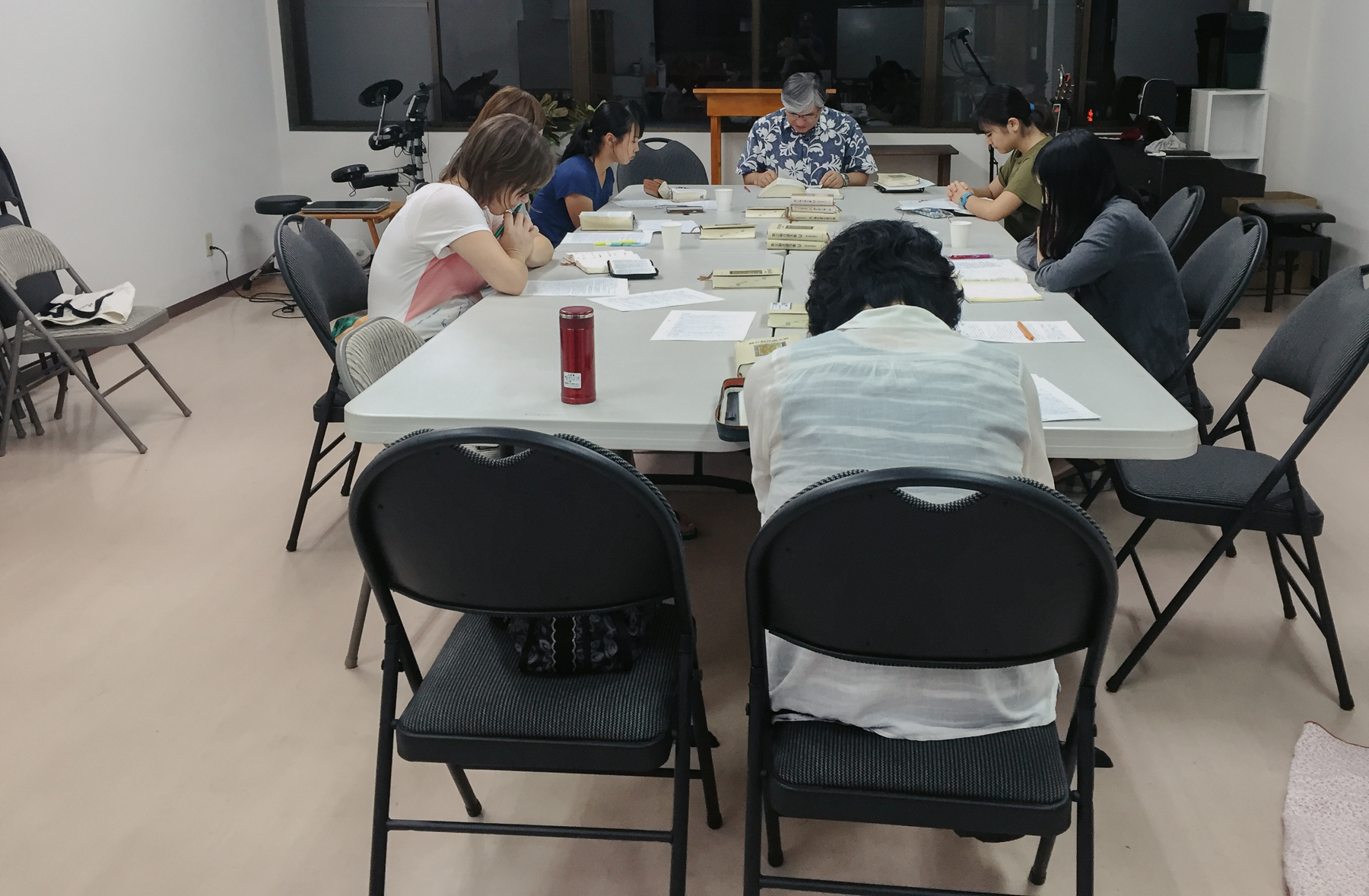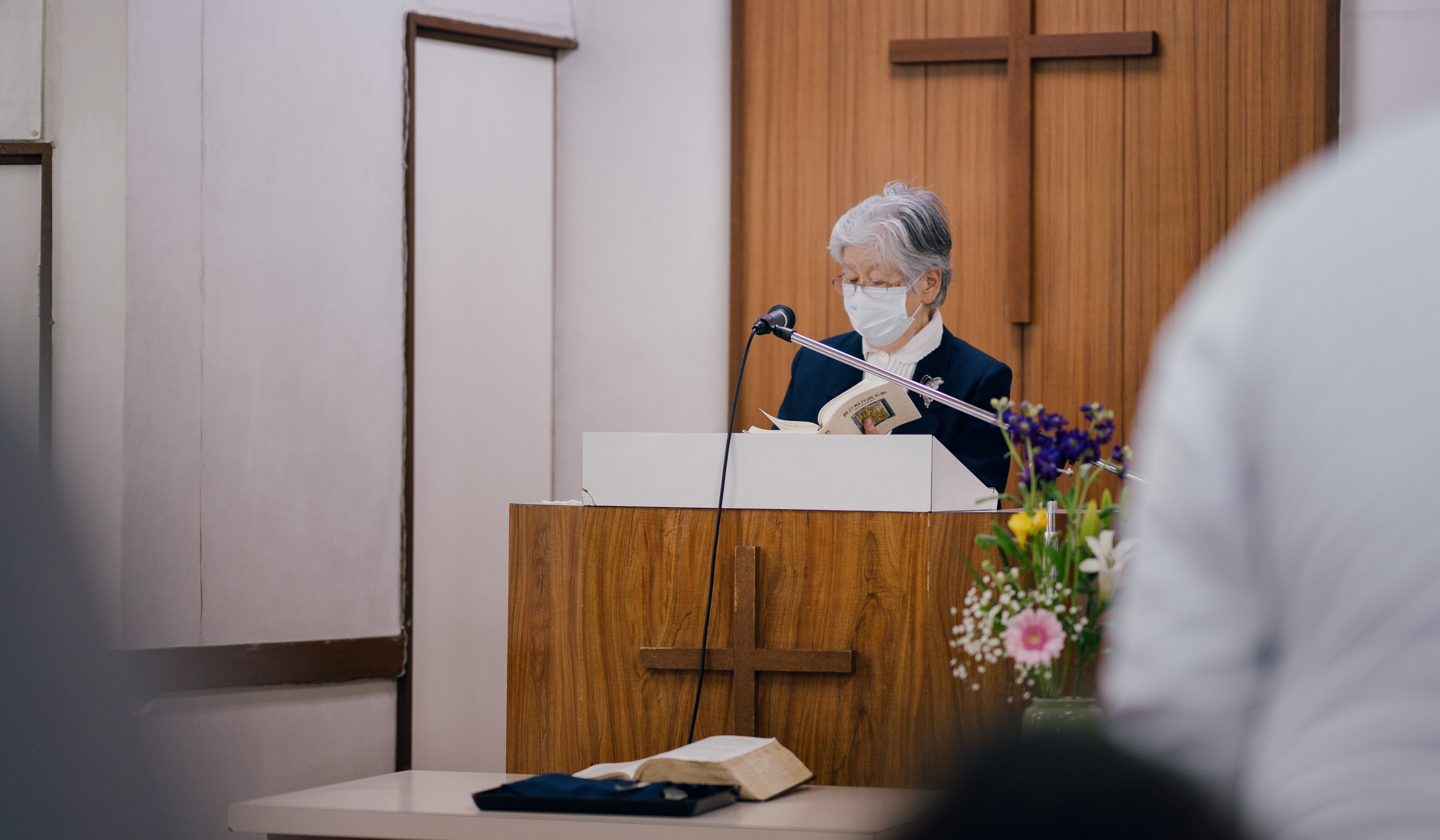In the rural north of Japan’s main island, Hope was working at a clothing store in the area’s only shopping mall. There she met church planters who invited her to a dessert party. This led to a Thanksgiving event, a Christmas service, a Bible study, and finally Hope’s declaration of faith. She later became the manager of the prefecture’s only Christian bookstore.
In Japan, the concept of “rural” includes less densely populated cities of regional significance, as well as smaller towns and villages. A bleak picture is often painted of these areas. The youth are moving away to big cities. Churches are aging and many are without pastors. Residents like to preserve traditional ways, and it is easy to assume that hearts are closed to the gospel.
Regional governments are trying to revitalize some rural areas—building roads and promoting tourism. As a result, small regional cities are now more accessible, and new relationships may be easier to make there than in Japan’s megacities.
Nearly 38 million Japanese people live in these areas.1 Christ’s teachings are attractive to them, but the work can be slow. Long-term Christian workers are needed to live out and share the gospel.
